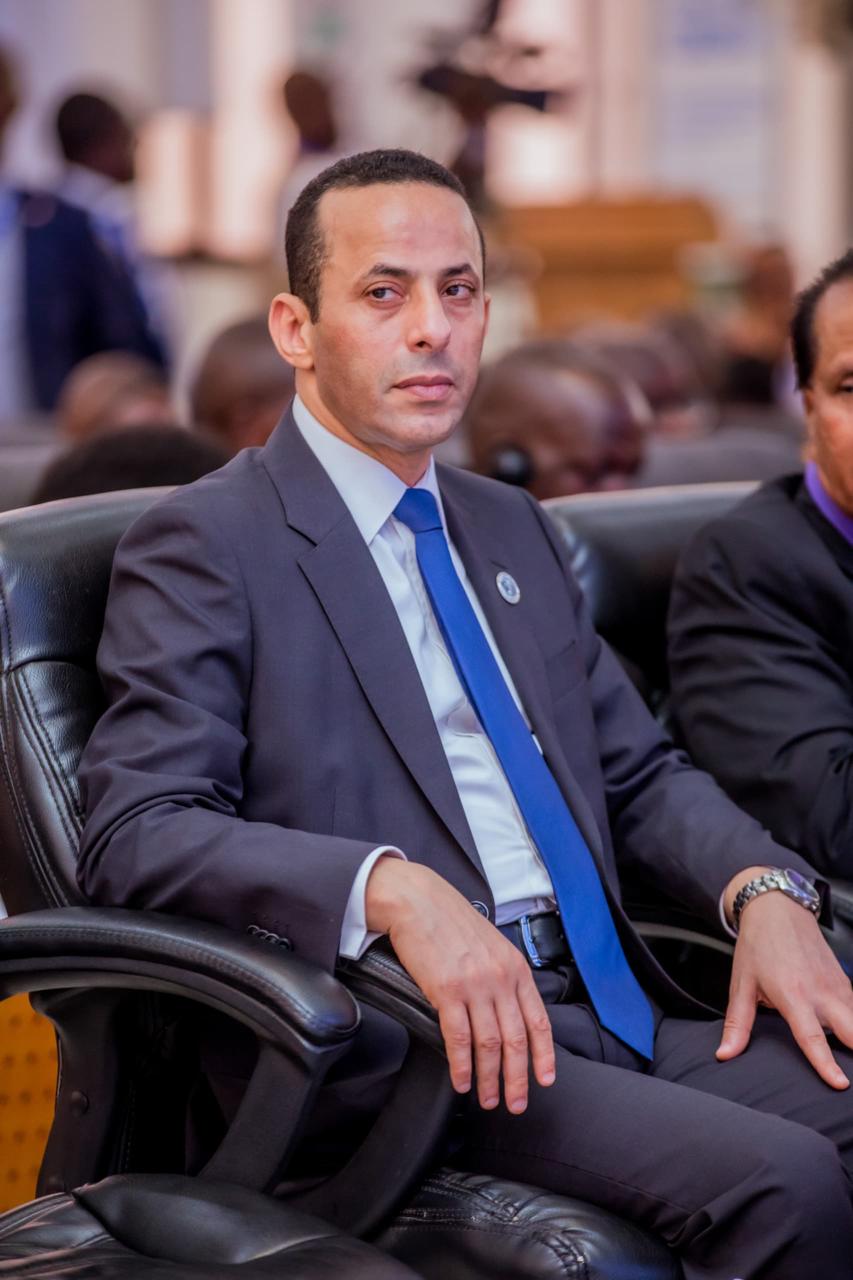
Representatives from nine COMESA countries have reviewed the draft Regional Strategy on the Economic Empowerment of Women. The consultative meeting held virtually on 25 October 2024 received inputs from the stakeholders as the region tries to develop a comprehensive document addressing the unique challenges women face in accessing and benefiting from economic opportunities across the COMESA region and beyond.
Speaking when he officially opened the meeting, Assistant Secretary General Programmes Amb. Dr. Mohamed Kadah said gender equality and economic empowerment of women are critical factors to the process of sustainable development and serves as the cornerstone for inclusive national development policies and programs.
“In the COMESA region, where women make up a significant portion of the workforce particularly in agriculture, trade and small enterprises, it is imperative that we create an enabling environment where they can thrive, innovate, fully realize their economic potential and contribute meaningfully to the sustainable economy growth of their families, communities and our region at large,”Amb. Kadah added.
He also cited the COMESA Treaty and Gender Policy which calls for the integration of gender into COMESA Member States’ policies, institutions, procedures, programs, and activities to address issues that affect women and men, as well as extend support to women to participate effectively in trade and ensure their economic empowerment.
Women’s economic empowerment is not only a matter of social justice but also a proven catalyst for broader economic growth and development.
During the one-day consultative meeting, participants provided input to refine and strengthen the strategy that will guide the collective efforts to address barriers and ensure that women are fully integrated in all economic sectors. Key issues such as access to finance, education and skills development, market opportunities, and legal frameworks that can help level the playing field for women where discussed. To ensure that the strategy considers a variety of national contexts and regional challenges, specific policy recommendations and interventions where also addressed.
Further, the meeting gave participants from Egypt, Eswatini, Ethiopia, Kenya, Madagascar, Mauritius, Seychelles, Tunisia and Zambia a platform to share best practices, and lessons learned in advancing women’s economic empowerment and assist in defining a successful strategy.

